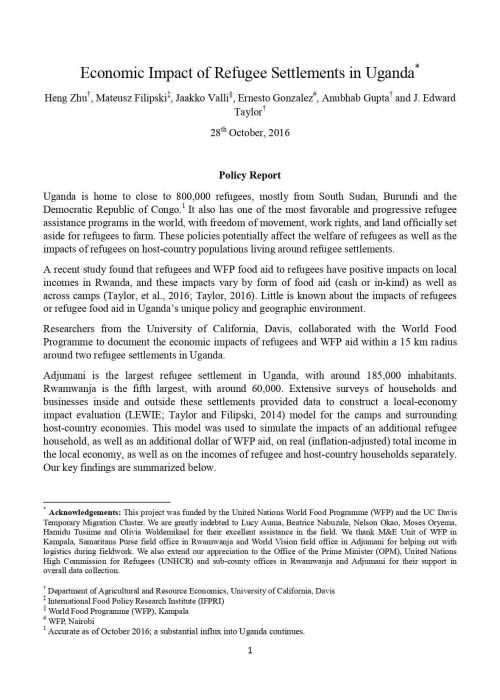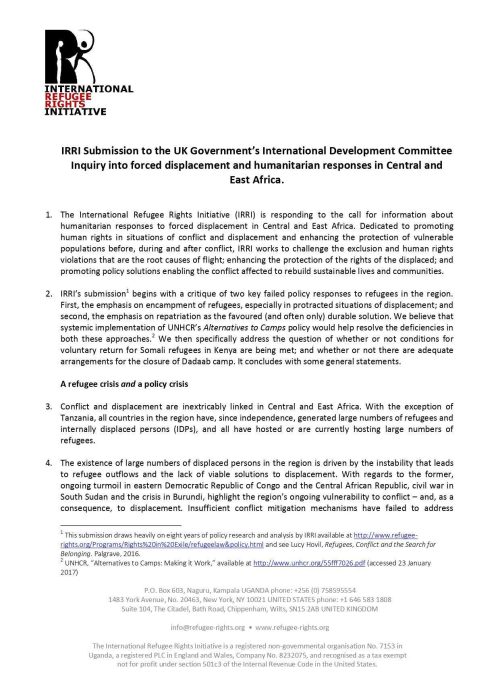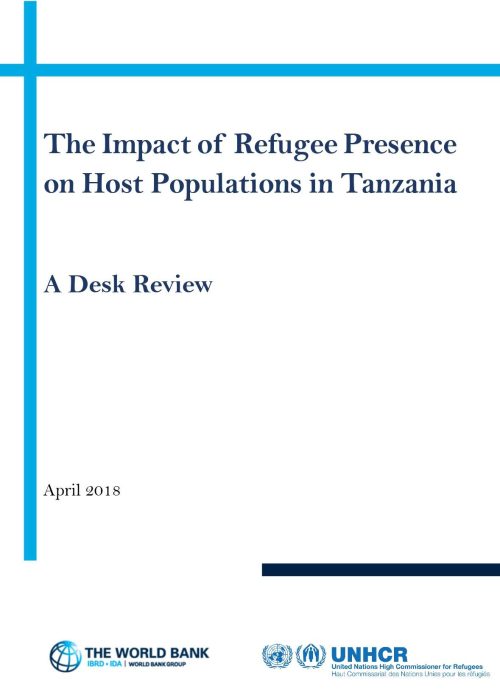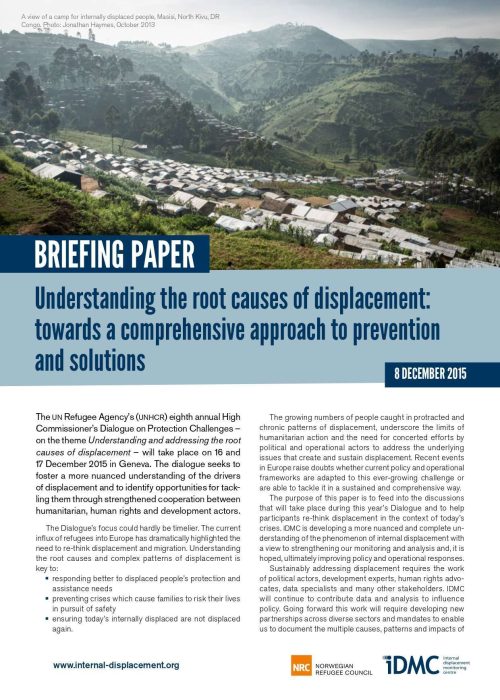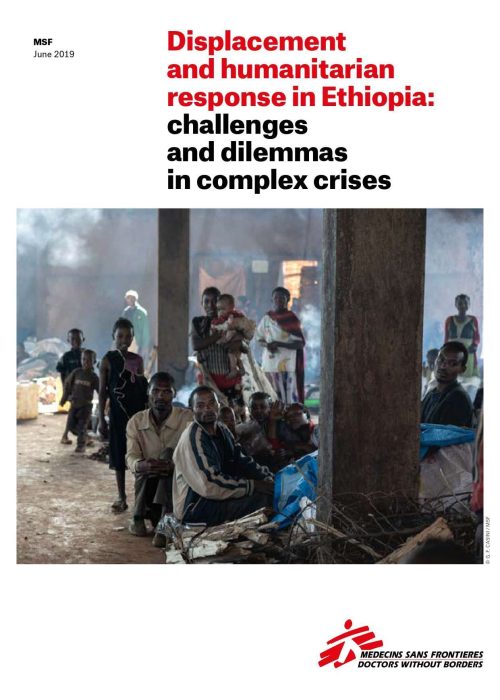This research report commissioned by the Regional Durable Solutions Secretariat (ReDSS) seeks to examine the implications of integrated services for refugees and host communities in Uganda. The document focuses on the experiences of South Sudanese refugees and their hosts in the Adjumani and Arua districts of the West Nile sub-region, where land is held under customary tenure and education and livelihoods are explored as two examples of shared services. The document finds that Uganda has a progressive approach to refugees, granting them rights to work, access basic services, and receive plots of land for cultivation. However, refugees face challenges that hamper their integration, such as insecurity, lack of citizenship, limited livelihood opportunities, and dependence on humanitarian assistance.
The document also finds that host communities have largely accepted refugees in return for a development dividend, but there are areas of tension and conflict over land, resources, services, and employment. The document argues that the inclusion of host communities in the refugee response is essential for peaceful coexistence and social cohesion, but it is not a substitute for the legal, economic, and social processes of local integration. The document provides policy and programme recommendations based on the research findings, such as: improving settlement planning and land management; enhancing the quality and accessibility of education and livelihoods; addressing the diversity and vulnerability of refugees; supporting conflict prevention and resolution; and strengthening the coordination and leadership of the refugee response.

